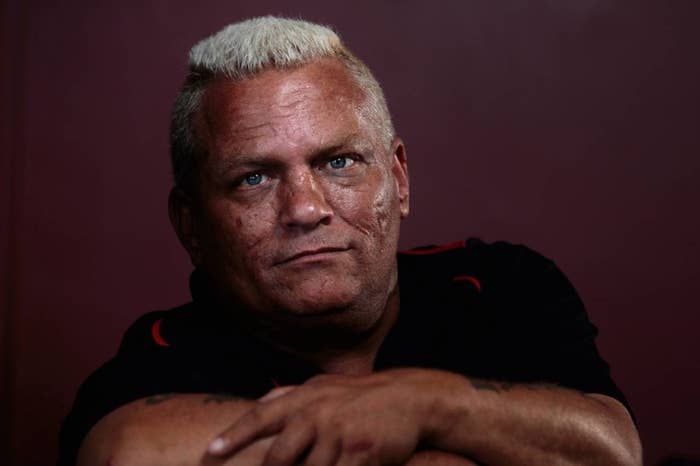
Mervyn Eades, a 49-year-old Noongar man from the southwest corner of Western Australia, left prison for the last time in 2002.
He had spent years in and out of the justice system since he was 13 years old.
Soon after his release came a terrible loss: his 18-year-old brother, who had also spent time in and out of detention, killed himself.
Years later, Eades recalls having to identify his brother’s body. “It really shook me that this could happen to me, but it also happens to lots of my people,” he said.
The loss galvanised Eades — not only to change his own life, but to help others too.
“I saw this gap in the community where our people just kept getting out and going back in, a revolving door of incarceration,” he said.
“I knew our people needed some help and no-one was doing it in the way it should be done — a holistic approach, and our mob working with our mob.”
In 2014 Eades started the Ngalla Maya program, based in Perth, which aims to break the cycle by providing free training courses in areas including construction, hospitality, retail and cleaning, and then helping people find employment.
Eades believes Ngalla Maya also functions as a suicide prevention program.
The suicide rate among Indigenous Australians is twice that of non-Indigenous Australians, and for people aged between 15-34, more than three times the rate.
The issue was mentioned several times in the federal election campaign, following a series of suicides, among young Aboriginal girls in particular, in the first months of 2019.
The risk of suicide is also elevated for people coming out of prison, particularly within the first 6-12 months, according to Eades.
“Hopelessness, helplessness, with no vision, nothing in place for them to look forward to and wake up to every day,” he said.
“You can just imagine a father not being able to provide for his kids. That self-esteem is gone when you can’t even provide for your families, and they get back on whatever substances to hide their personal pains. And the cycle continues.”
Suicide prevention researcher Gerry Georgatos, who has lobbied to secure Commonwealth funding for Ngalla Maya, told BuzzFeed News that funding had recently been extended for 220 more people to go through the program.
A spokesperson for the Department of Prime Minister and Cabinet told BuzzFeed News the program has received a $6.7 million grant over the next three years.
"In response to recommendations from the Council of Australian Governments Prison to Work Report, the Commonwealth is funding the co-design of best practice models for adult and youth through-care services. These are treatment and support services that start in custody and continue after release into the community," the spokesperson said.
Ngalla Maya first received $2 million of Commonwealth funding in 2017.
Eades credits former Indigenous Affairs minister Nigel Scullion for “taking a gamble” on the tiny program. Before that, he says, Ngalla Maya’s finances were “grim”.
“It was just a real battle,” he said. “Sometimes we’d have electricity cut off, sometimes the telephone, the internet. Without minister Scullion having faith in us this would never have been possible, and you’ve got to give credit where it’s due.”
Georgatos welcomed the commitment but said it was “just a raindrop” in the wider problem of incarceration and recidivism.
According to Georgatos the problem is that governments repeatedly fund according to political cycles, and not long-term vision.
He believes an $800 million investment in similar services across Australia is the actual amount needed to make a substantial difference to the high incarceration and suicide rates of Aboriginal people.
“They don’t give a shit about what it looks like in 10 or 15 years,” he said. “If you’re going to reduce re-offending, be serious about it … invest hundreds of millions instead of a million here and a million there.”
“Helping the incarcerated and recently released will significantly contribute to reducing Australia's suicide toll in addition to other social returns.”
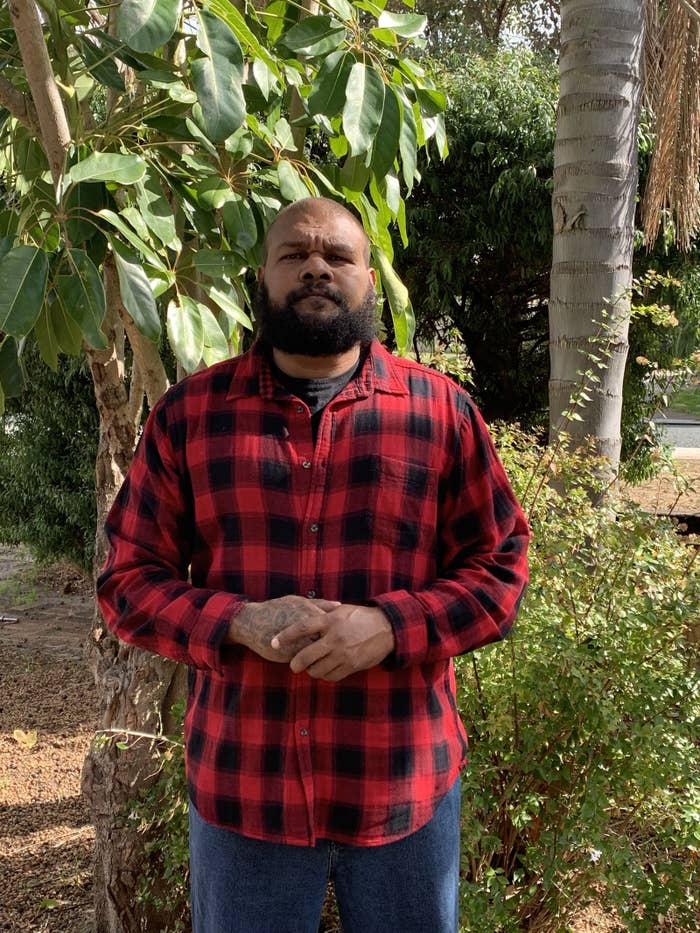
Numerous people who went through Ngalla Maya told BuzzFeed News it completely turned around their life.
Wayne Ugle, 37, spiralled into drug addiction following the deaths of his mother and father within the space of about a year, in 2009.
“I was a very heavy user. Marijuana and amphetamines,” he told BuzzFeed News. He received a four-year sentence for aggravated burglary and served 25 months between 2015 and 2017.
A few months before he was released on parole, he heard about the Ngalla Maya program and jumped at the opportunity.
“[I thought] this will be the best chance to turn my life around for my partner and kids,” he said.
He now works as a trade assistant for two resources companies, picking up regular shifts at mines across the West Australian coastline.
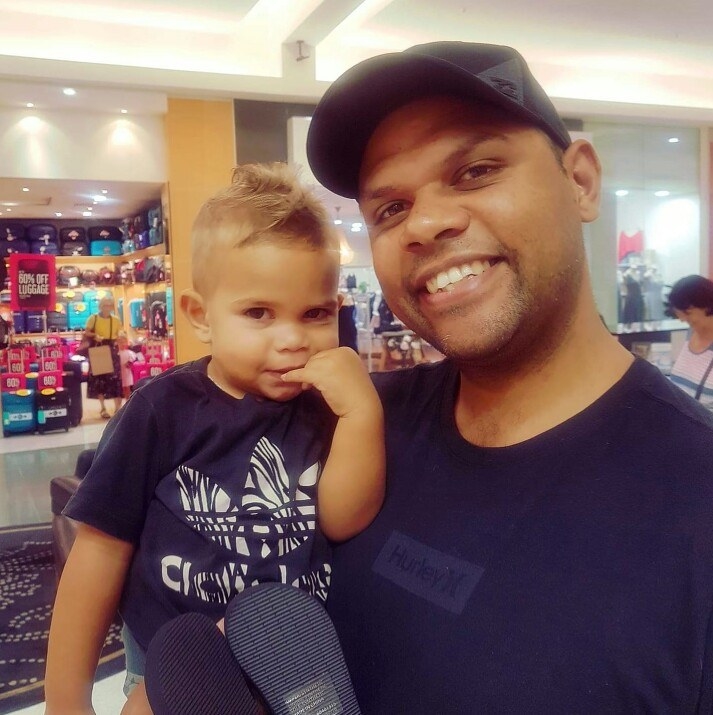
Chris Ugle, who is Wayne’s cousin, first started doing drugs when he was 15.
He had periods of steady work as a plasterer and on the mines, but struggled after losing both his parents when he was 19 — his mother to cancer and his father a heart attack — and always ended up plunging back into substance abuse.
He got in touch with Eades while on a drug court pre-sentence order, facing charges of aggravated burglary.
“At the time that’s all I was thinking of — something to make me look better in court,” Chris said. “Little did I know that this course he was going to get me on was going to change my life.”
Going through drug court wasn’t easy, and Chris relapsed twice — but, he said, Eades was relentless in contacting him and making sure he stuck with the program.
When Chris spoke to BuzzFeed News, he had been clean for two years, together with his partner for five, and is currently juggling full-time work with parenting his 18-month-old son.
“I could never ever think that I could have the life that I’m living now, and have the opportunities that I do now,” he said. “I never ever thought that I’d be part-boss of a small team in the construction industry.”
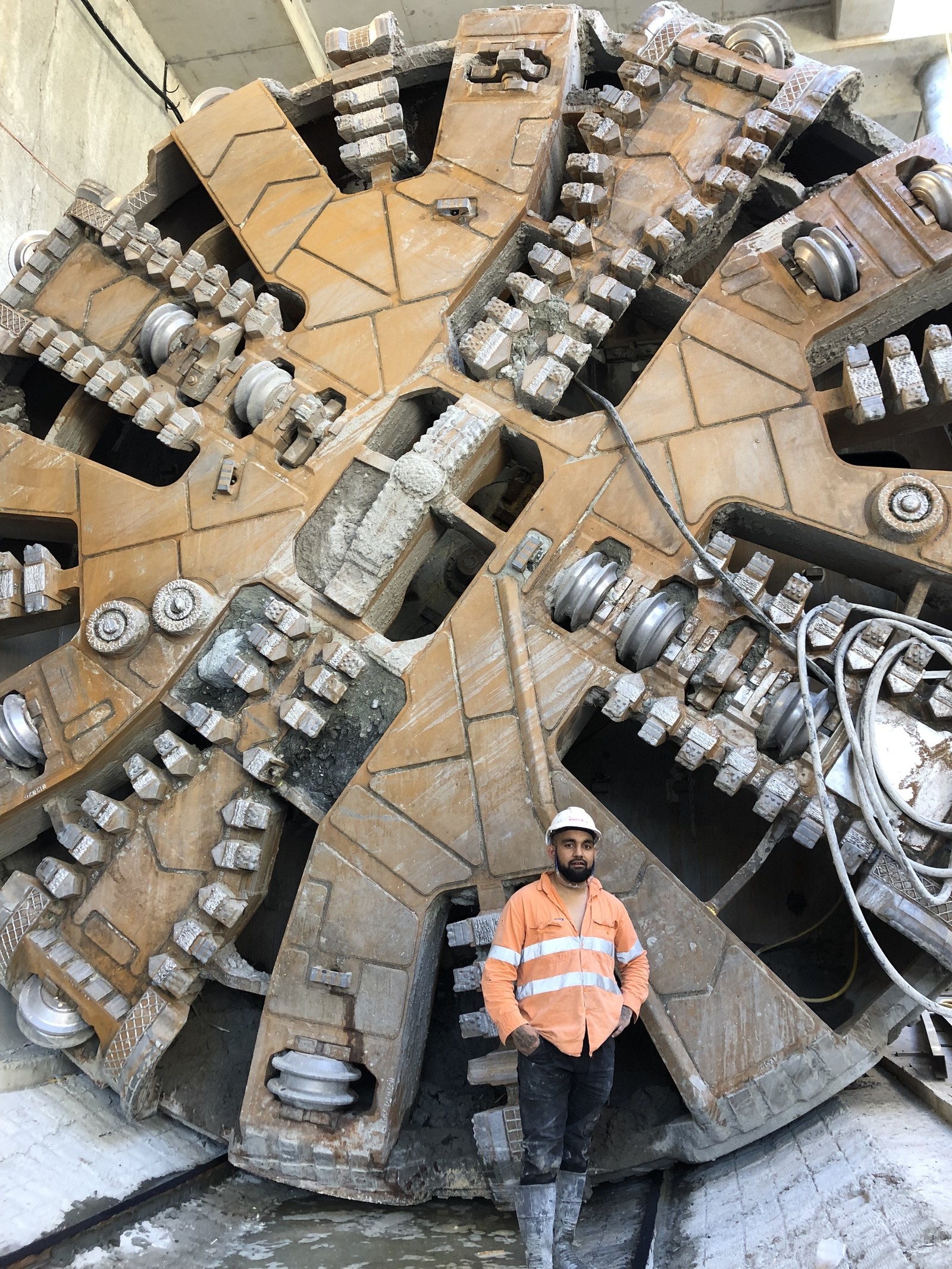
Korey Penny, 31, spent two and a half years in prison for drug trafficking and lesser offences. Upon his release in 2016, he struggled to find a job, unable to escape his past, until he got in touch with Eades and went through Ngalla Maya.
“I think I was the hardest one for Merv, because of my criminal record,” he told BuzzFeed News. Penny now works in an acting supervisor position at his company, second-in-charge of an enormous underground drilling machine.
He has been able to buy a house and two cars, and is married with two children.
“That one little thing Merv did for me probably changed the life of my whole family,” he said. “My kids and my nieces and nephews see that I work every day. It becomes the norm then.”
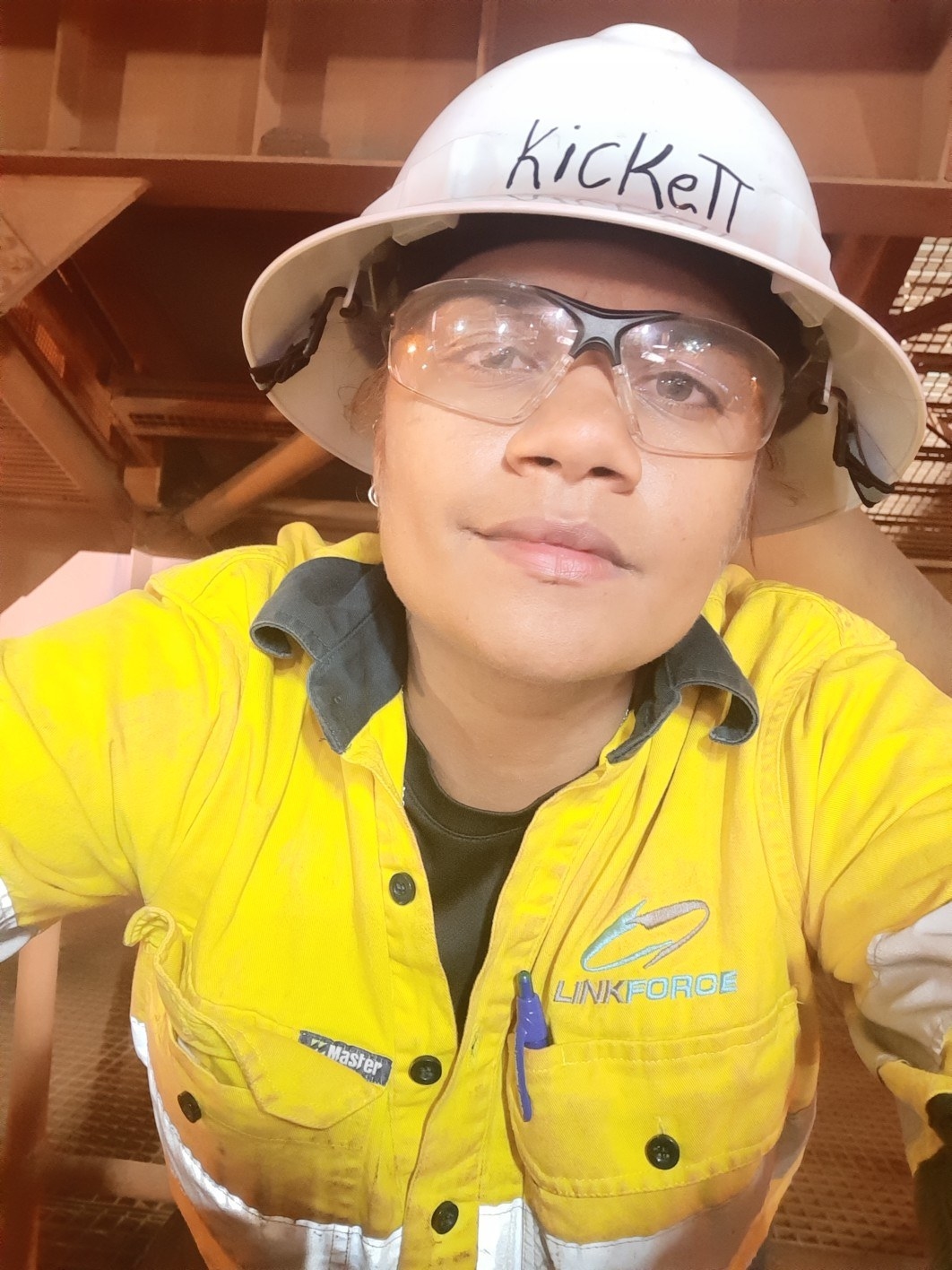
Not everyone who has benefited from Ngalla Maya was on the down-and-out. Shajuanna Kickett, 20, did time in prison during her early teenage years, but had stayed out of trouble for the next six years.
She had a goal of working in the mining industry by the time she was 18, and was one of three women in a Ngalla Maya construction training course.
“I ended up getting on the mines at the age of 19, so that was basically ticking the box,” she said. “If you want to get something done, they’ll help you and guide you along the way.”
Alongside employment, Eades said an equally important part of Ngalla Maya is simply being a support person, and the door is always open.
“I’ll always sit down and have that yarn with them, any issues they may have, and always being positive and telling them to keep their heads up high and don’t ever think you’re worthless,” he said. “Every one of them is worthy.”
Eades’ success is due, in part, to his ability to empathise with those emerging from a prison sentence: “The life they’re living today, I’ve already lived.”
Wayne Ugle’s wife, Natasha, credits her husband’s turnaround to Eades.
“He always stood by Wayne and kept his mind focused,” she said. “You can easily slip off the track and go back to your old ways. But Uncle Merv never gave up on him, he just kept going and going until he got employment at the mines.”
The couple, who have been together for 22 years, married in November 2018. “We were supposed to get married before prison but he ended up getting in trouble,” Natasha said.
Now, things have fallen into place. They currently care for eight children — three of their own and five foster kids.
On the day they spoke to BuzzFeed News, they were off to sign the final paperwork on the land where they intend to build their dream home.
If you or someone you know needs help, you can call Lifeline Australia on 13 11 14 or Beyond Blue Australia on 1300 22 4636. The National Indigenous Critical Response Service can be contacted on 1800 805 801.
